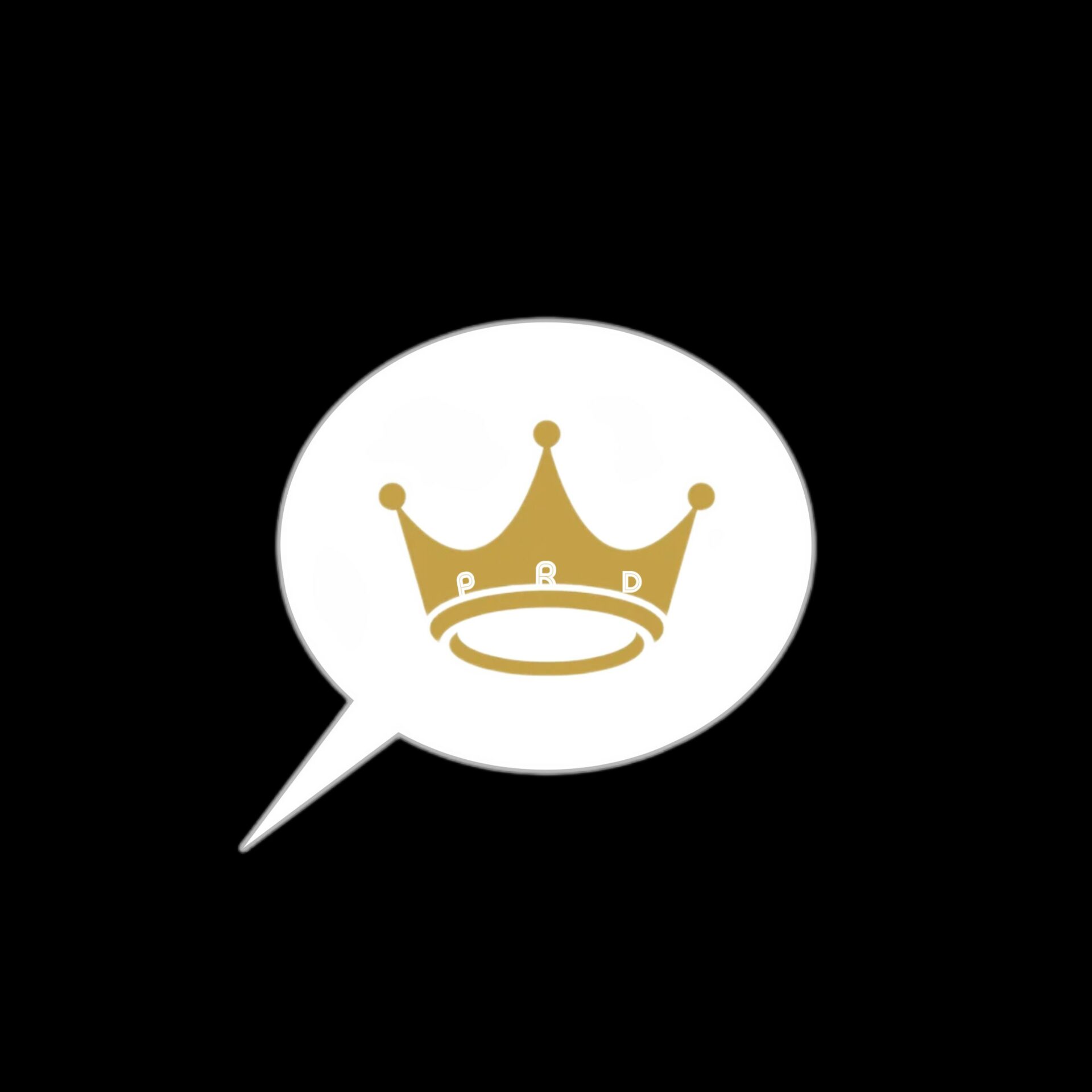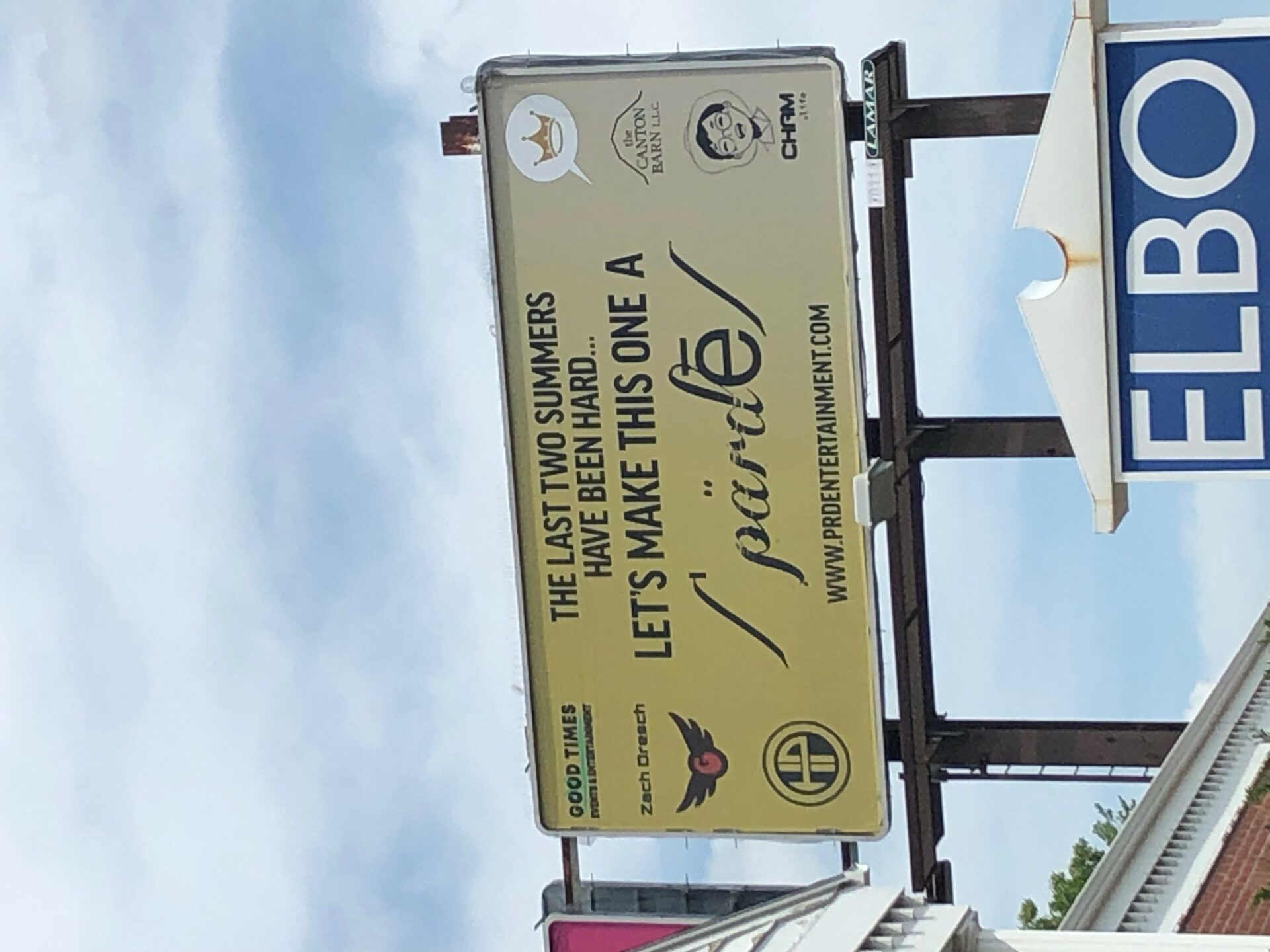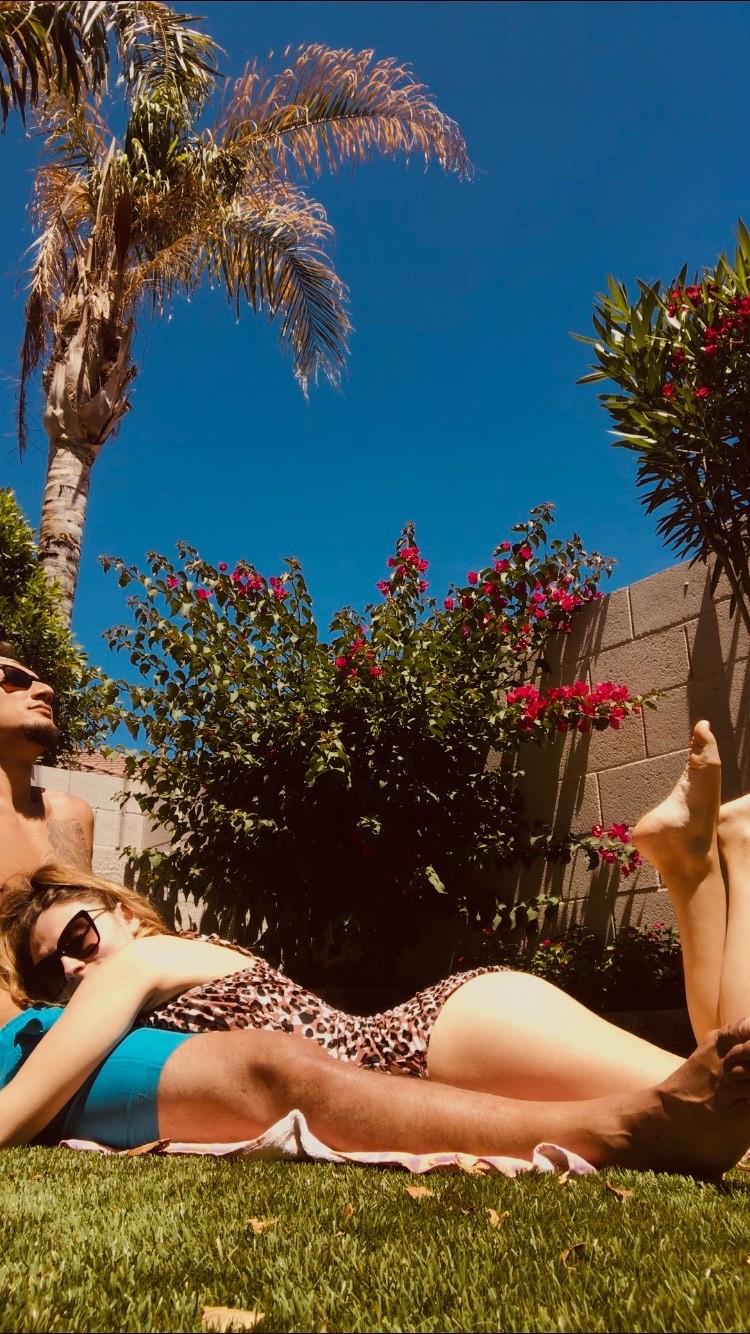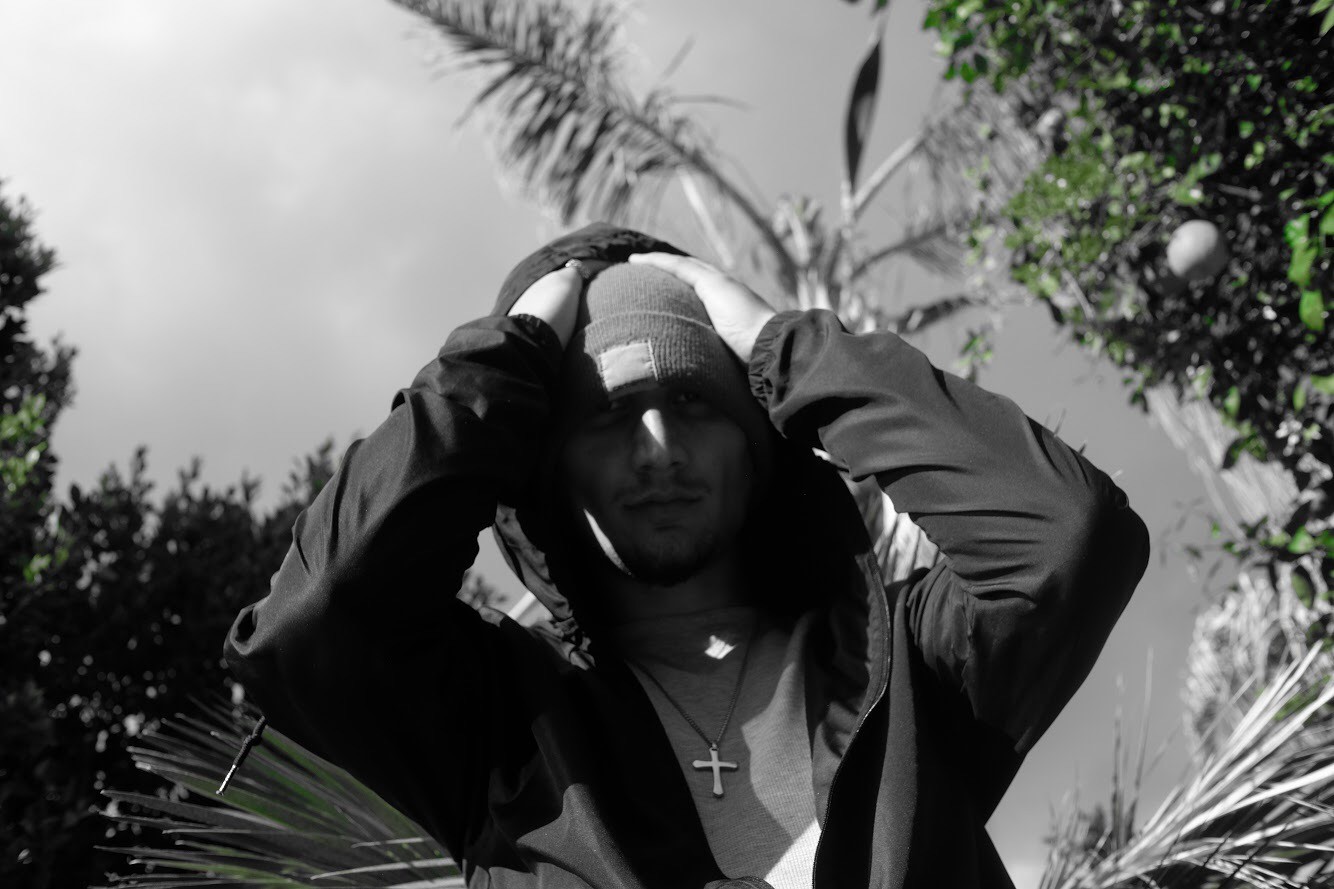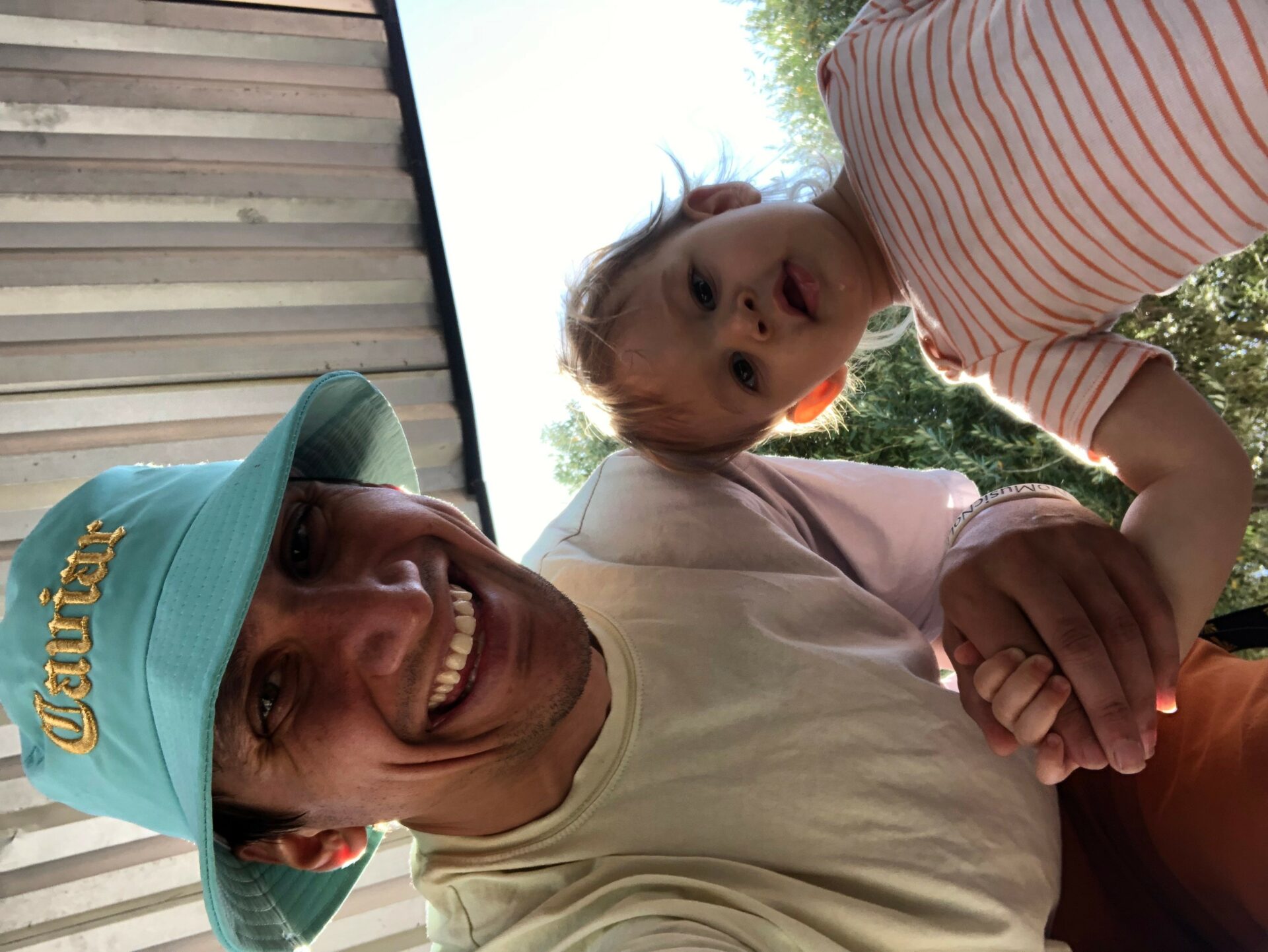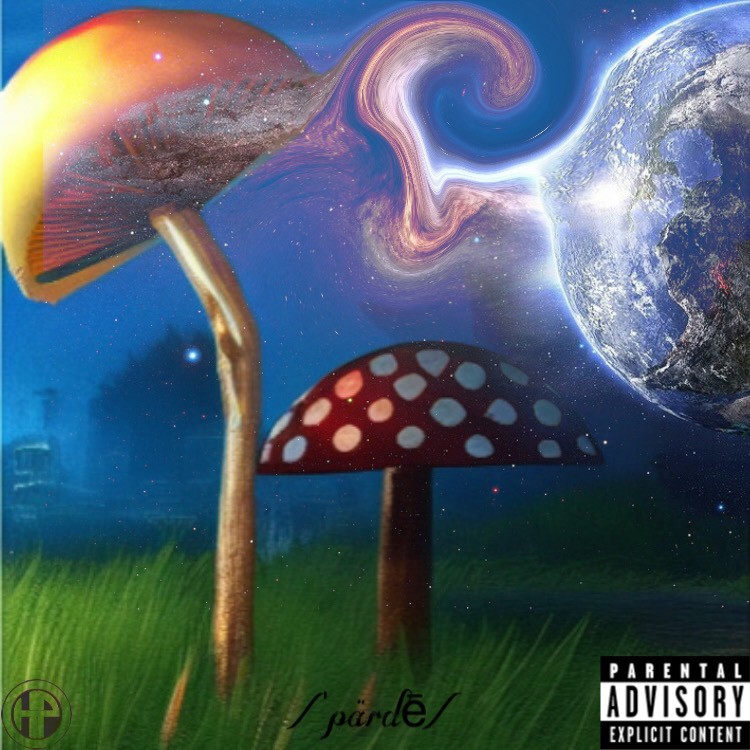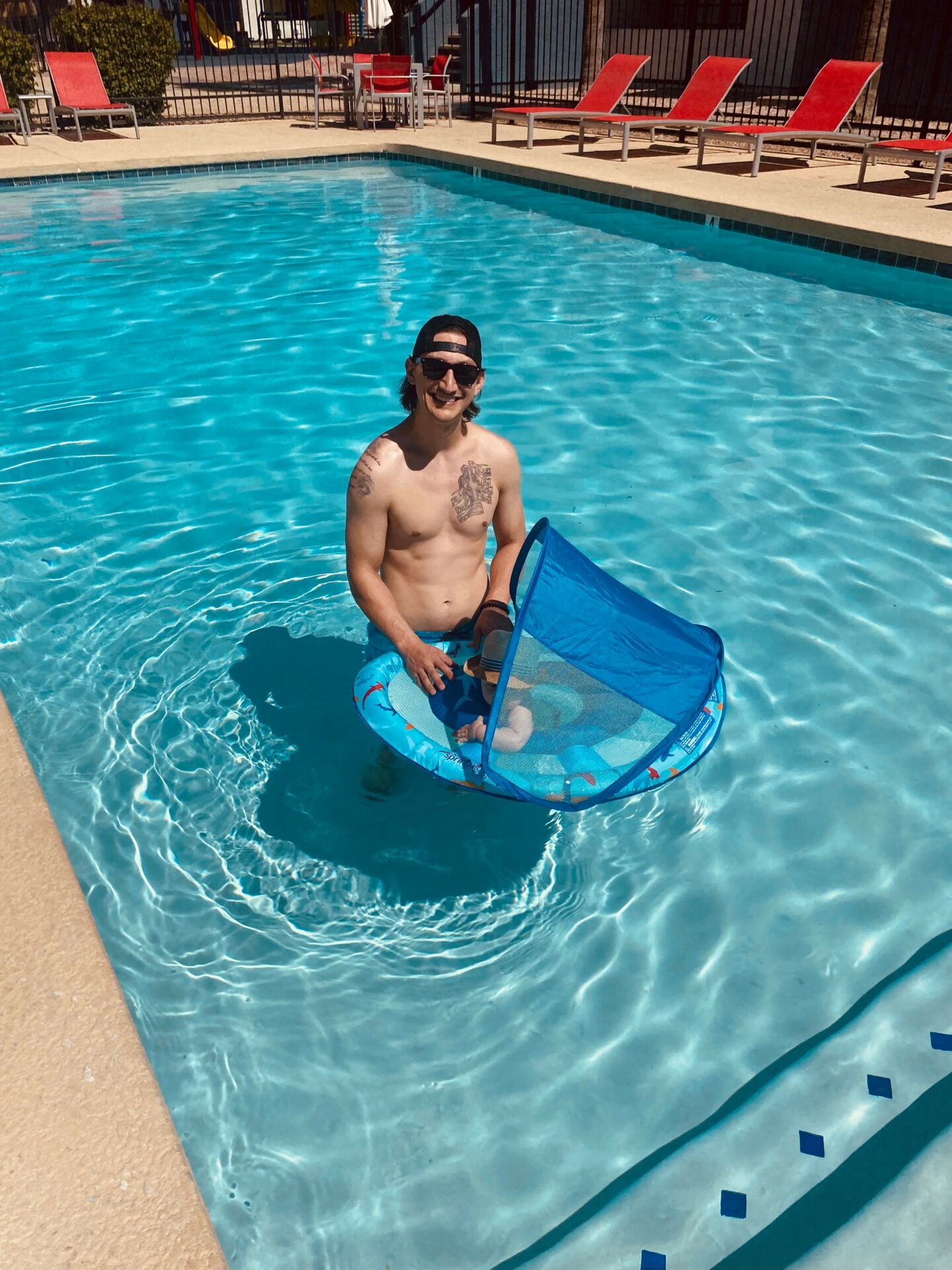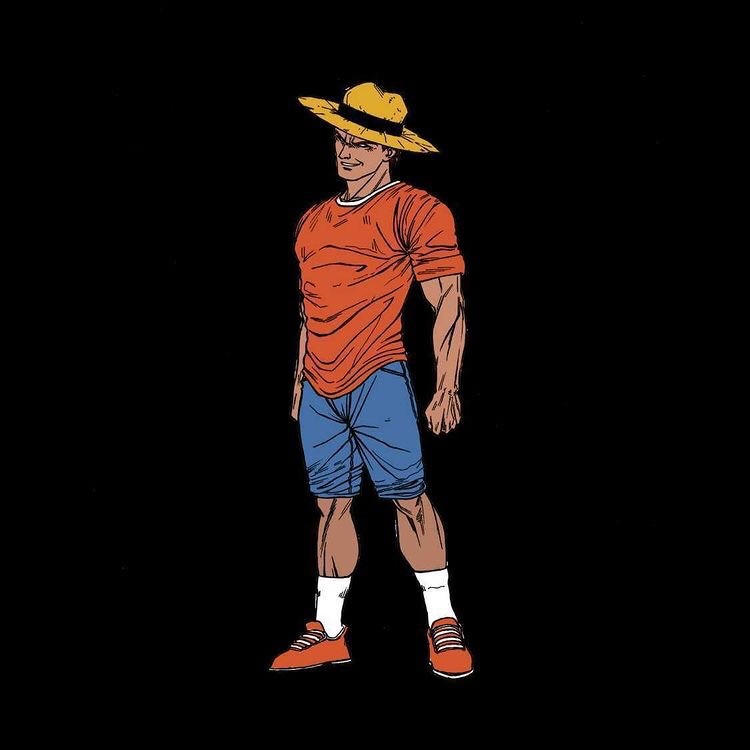We caught up with the brilliant and insightful Ryan Adams a few weeks ago and have shared our conversation below.
Ryan, we are so appreciative of you taking the time to open up about the extremely important, albeit personal, topic of mental health. Can you talk to us about your journey and how you were able to overcome the challenges related to mental issues? For readers, please note this is not medical advice, we are not doctors, you should always consult professionals for advice and that this is merely one person sharing their story and experience.
When I was younger, I thought I was fairly normal. I liked sports, video games, playing outside. You know, kid stuff. But, I also liked other things. Poetry, music, acting, doodling, and obsessing over something before getting obsessed with another. It wasn’t until alcohol was introduced into my life in my teens that I begun to realize I was, in fact, very different from most of my peers.
The first time I had beer as a teenager, I basically took a nap at a really fancy restaurant in town while my family all laughed and said “Hey! He’s gonna learn his lesson now!” I didn’t, and that moment would manifest itself many times over over the next decade plus of my life. It’s tough dealing with alcoholism, adult ADD, an anxiety disorder, and off and on depression. Most people don’t, or really can’t, understand what it’s like to have to say no to something other people can do controllably. It’s because they easily can do that. I cannot. So, I replaced the temptation to do so with an absolute hard-stop on alcohol all together.
This is honestly the easy part. Playing the game of “I can have just one or two!” for a few months, then spiraling into 3-4 nights of blacking out per week is what is actually hard. The difficult part of maintaining is focusing on the burning desire that is innately you.
What makes you happy? What drives you to get up in the morning? Is it something you’re doing currently, or, is it something you wish you could do? All these were questions that I realized are at the core of my success in sobriety. I really dug deep into my schema, childhood memories, and current emotions and realized that what I was doing wasn’t going to make me happy, fulfilled, or satisfied. I started making music, graphic designing, doing videography and photography, and becoming the person I always dreamt of being; someone who makes a living off of their creativity. But doing so, I had to treat it like a profession.
6:00 am- wake-up
6:30 am- take pre-workout and start morning workout
7:15 am- finish morning workout
7:45 am- practice all material for next album
8:45 am- protein shake and shower
9:30 am- marketing and promotions
11:00 am- music/graphic design work
12:00 pm- lunch
1:00 pm- editing videos/pictures
3:00 pm- done for the day
This schedule above is also filled with watching and helping my wife take care of a 20 month old son, but it is very close to my every day schedule. I realized that I not only could monetize my art and skills within the artistic realms, but, I could use the traditional way of structuring a work day to help me be successful.
My suggestion to anyone who struggles with substance abuse, mental health issues, alcoholism, or really anything that detrimental to our wellbeing is to look inward. What are you passionate about? You might be just a hobby change away from happiness. You don’t have to necessarily make a career change like I did, but, entertaining the desire you have can be done in even the simplest of ways.
Thanks for sharing that. So, before we get any further into our conversation, can you tell our readers a bit about yourself and what you’re working on?
I began making music almost a decade ago in the basement of a friends rental. It has now grown into T.H.E. Honoroll; a production duo of myself and my wife. We work with different artists from different states doing executive production and marketing rollouts, as well as produce, mix, and master a majority of our own music.
We also creatively direct a brand from Nashville, TN called PRD Entertainment, specializing in unique entertainment and festivals. Currently, we are starting an event series in Sioux Falls, SD, and expanding it from there. It will be a “Smallternative Business Festival” with live music, vendors, yard games, and more. For our first events as a company, we wanted to highlight small businesses, artists, brands, and creatives and empower them through an event we expect at least 500 people to attend. We already have many different creative industries signed up from spray paint artists to vaporizer craftsman, and everything in between.
If you had to pick three qualities that are most important to develop, which three would you say matter most?
The three things that have kept me going for nearly a decade are pretty simple. Determination, being a lifelong learner, and having the foresight to pivot when needed. As far as how you can develop these, the best advice I can give is to keep going. Be determined that, no matter what, you’ll get to the level you are trying to achieve. Because the higher you get in your industry, the harder it’s going to get. And to excel, you need the determination to do so. You also need to study. Learn your craft, learn the adjacent of your craft, study the forefathers that paved the way for you to do what you are striving to accomplish. Then lastly, utilize these things to know when to redirect your energy, efforts, and spirits. If something is futile, then recognize it for what it is and cut ties.
As we end our chat, is there a book you can leave people with that’s been meaningful to you and your development?
My grandma passed a few months ago, but before she did she gave me a book called “Thou Shall Prosper” by Rabbi Daniel Lapin. Regardless of your religious preference, I suggest anyone who wants to increase their knowledge about acquiring success to read this book. I grew up traditionally Christian, with the King James Version of the Bible readily available at all times. This book dives into the Hebrew language, the Torah, and the implications it has on our everyday lives, including business. Something I had never been exposed to prior. The other thing this book helped me realize is the stigma behind business, entrepreneurship, and creating your own wealth is usually bad, but when we realize that the moment we are conducting business, we are doing something good. An example is if I am making a new project as a musician. If I am successful enough, I will have enough money to spend on everything I need. I can hire the best musicians for the instrumentals/beats I’m constructing. I then hire the best engineers and studio spaces to help me capture these sounds and my ideas. After, a graphic designer is hired to do the album cover. Then we go through a local merchandise company for shirts, hats, hoodies, & more. Then, marketing experts and influencers are paid to drive traffic to the project before, the day of, and well after the release. After the release, a touring manager is hired and multiple venues are booked for a tour, employing 100’s if not 1000’s more people who’s job it is to help bring this idea of a “music project” to life.
Contact Info:
- Website: www.prdentertainment.com
- Instagram: https://instagram.com/thehonoroll?igshid=OGQ5ZDc2ODk2ZA==
- Facebook: https://www.facebook.com/profile.php?id=100088407407746&mibextid=LQQJ4d
- Youtube: https://m.youtube.com/user/adams3722/videos?view=0&sort=dd&shelf_id=0
